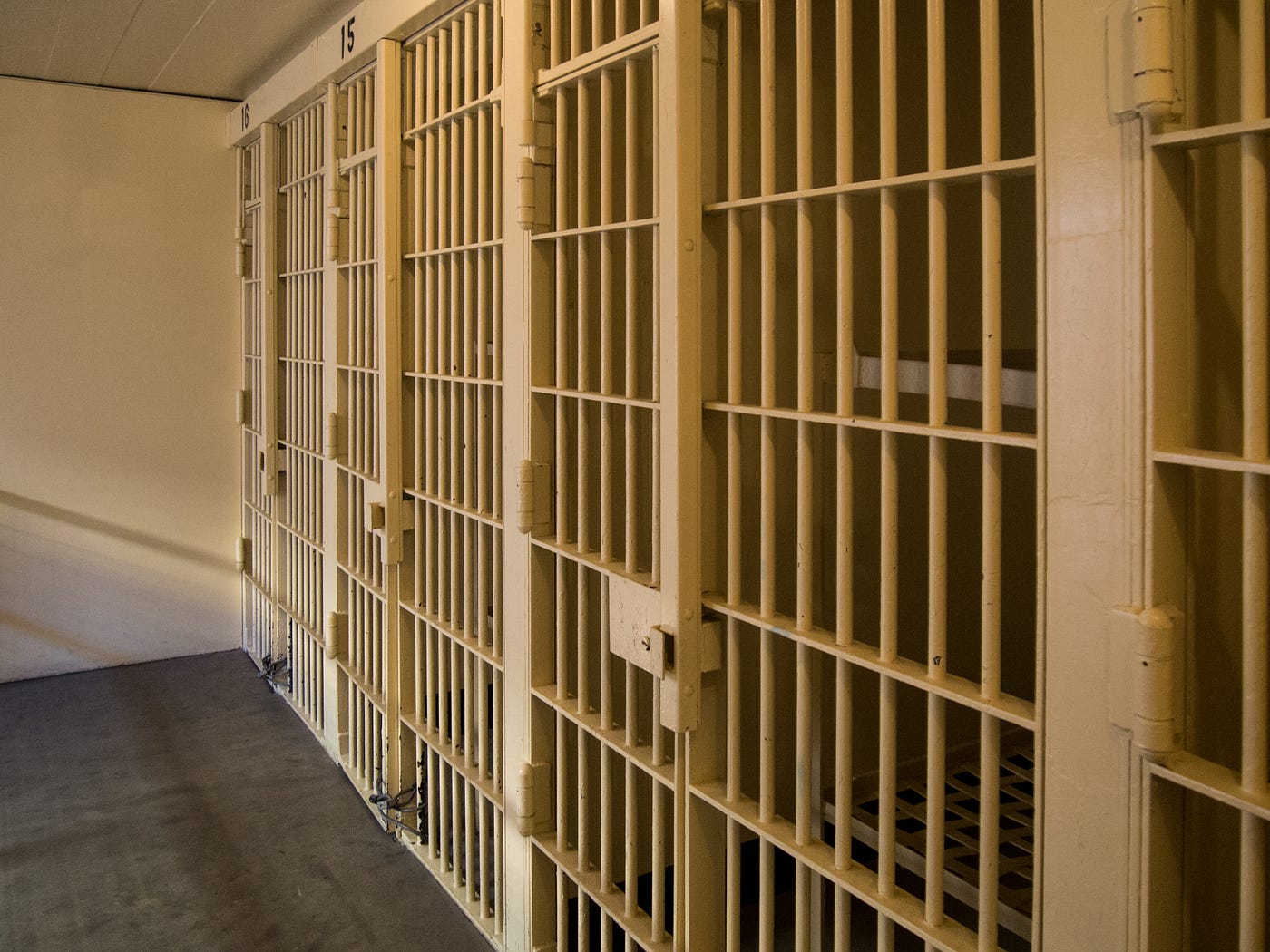Detentions in Sri Lanka are three times prison capacity
Sri Lanka's prison population exceeds 35,000 in facilities designed for 12,000. Drug-related offences account for more than half of all inmates. Prisons Commissioner Jagath Weerasinghe calls for urgent reforms. Some lawyers told AsiaNews that pre-trial detention is used far too often and a legal system is slow in adopting non-custodial sentences.
Colombo (AsiaNews) – Sri Lanka's prison population has topped 35,000, about three times the system's capacity with around 50 per cent of inmates convicted for drug-related offences.
Prisons Commissioner and Department of Prisons media spokesperson Jagath Weerasinghe recently confirmed to the press that, although the prisons were built to hold 12,000 people, they are holding more than double that number, and that the state spends approximately Rs. 1,000 per inmate per day.
Weerasinghe called for urgent prison reforms, suggesting that those accused of drug use be rehabilitated rather than incarcerated. He also added that further expansion could lead to more effective results in combating drug addiction and alleviating prison overcrowding.
Although the entire prison system is three times over capacity, some prisons, the most crowded in the country, hold up to five times their designated numbers.
The problem of prison overcrowding in Sri Lanka is well known, and has been discussed in parliament and the media for many years, widely known in civil society as well.
Originally designed to accommodate a much smaller number of inmates, the prison system “is currently bursting at the seams, creating severe logistical, administrative as well as human rights challenges,” the commissioner said.
According to some senior prison officials, “prisons are home to two broad categories of inmates which include those in remand custody, and those serving sentences after conviction. This distinction is not merely bureaucratic, it is legal, moral, and ethical.”
However, given the inhumane conditions experienced within prison walls, the difference between a pre-trial detainee and a convicted criminal has become an important issue.
“In most instances, remand prisoners are legally presumed innocent as they are to be tried or convicted and are held in custody under the supervision of the judiciary, primarily for two reasons, to prevent interference with ongoing investigations or witnesses, and to ensure that those with a history of absconding appear in court.”
However, some are detained simply because they cannot afford bail or meet the stringent conditions imposed by the court. They are “not criminals, but awaiting justice”.
At the same time, most pre-trial detainees are denied access to adequate healthcare even if hey have serious health conditions.
The case of MP Chamara Sampath Dassanayake, who made headlines after being denied a mattress despite suffering from a back problem, highlights the deep-rooted and widespread problem. His conditions attracted attention due to his political profile, but thousands of people are suffering in silence.
“Most pre-trial detainees, especially those not found guilty of a crime, are forced to sleep on the cold floor and endure deplorable sanitary conditions, since the very essence of the pre-trial detention order is temporary, not punitive,” said lawyers Nilanthi Manchanayaka and Ashen Mendis speaking to AsiaNews.
The way the pre-trial detention system is applied in Sri Lanka makes it a de facto punishment. “Even those sentenced after a fair trial to serve a prison term must not be treated inhumanely," the lawyers said.
“The essence of punishment imposed by a court is the deprivation of freedom, not the denial of basic human needs. Overcrowding, lack of medical care, poor hygiene, and inadequate food continue to plague the prison system, making detention a form of institutionalised cruelty.”
When prisons are at double or triple their intended capacity, the pressure on resources, staff, and infrastructure becomes unmanageable.
“Hygiene suffers, and violence increases. The mental and physical burden on both inmates and prison staff becomes unbearable,” the lawyers explained.
The causes underlying overcrowding are multiple, they note: “a legal system that relies on pre-trial detention, a legal framework slow to adopt non-custodial sentences, a political will that has ignored the urgent need for prison reform.”
17/10/2022 12:48
11/06/2021







.png)










